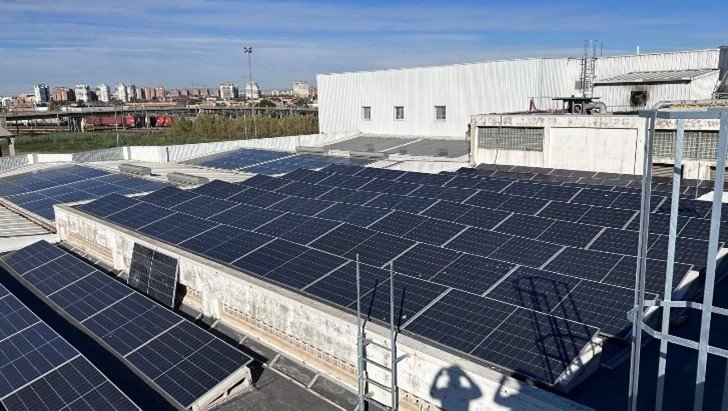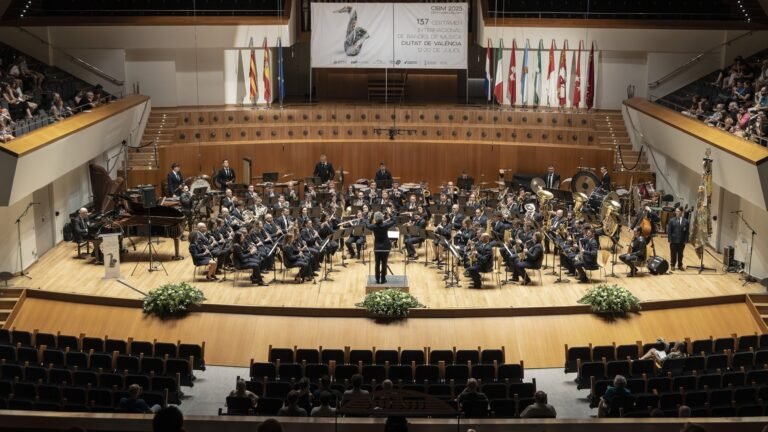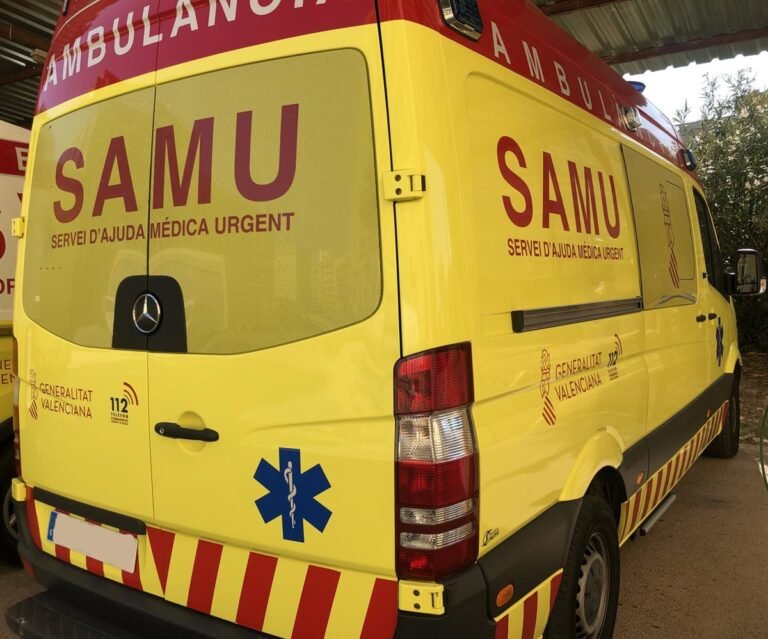• Children receive support to face and process the traumas and sensations derived from their experiences during the flood.
- 330 individual sessions have been conducted, and 106 links have been sent to individuals for access to assistance through an online platform.
- The psychological support service has been actively coordinating with key agents in each district over the past few months
- Most of the individuals assisted report intrusive memories, insomnia, irritability, sadness, and social withdrawal as a result of the flood experience in October
- The Councilor for Social Services, Marta Torrado, has emphasized the importance of the coordination and proximity network, «which is key to sustaining community mental health and proactively addressing the emotional impact of remembering the disaster.»
A total of 1,230 children affected by the flood in October have participated in recovery workshops promoted by the City Council of València through the Psychological Support Program for those affected by the flood, where they have received psychological care and support to address and process the traumas and sensations derived from their flood experiences.
In addition to workshops for children, services available to affected citizens have included individual psychological care, both in-person and online, as well as interventions with families in collaboration with schools. As explained by the Councilor for Social Services, Marta Torrado, this coordination and proximity network is proving to be «key to sustaining community mental health and proactively addressing the emotional impact of remembering the disaster.» The ongoing work with local agents is strengthening trust in the service, expanding access to new profiles, and maintaining a psychosocial intervention adapted to the changing realities of each district, as stated by the Councilor.
A total of 126 individuals have received personalized care from the assistance services that the City Council of València launched after the flood to help with the emotional and personal recovery of those affected by the flood. In total, 330 individual sessions have been conducted, and 106 links have been sent to individuals for access to assistance through an online platform. The balance also highlights interventions with 19 affected families, in collaboration with educational centers.
Since its inception, the service has involved the work of 30 community agents in coordination with neighborhood associations, schools, institutes, health centers, and social centers, among others.
A Turning Point
The psychological support service has evaluated the impact, effects, and evolution of the emotional state of those affected at the 8-month mark since the tragedy. As stated in the report, «June has marked a turning point in the development of the Psychological Support Program for those affected by the flood, both due to the end of the school year and the beginning of the summer period, which has reshaped intervention spaces and the nature of the demands received.»
After months of intense work in the educational and community fields, the team has focused on individualized care, which has taken on a special prominence during this month. The completion of workshops in schools, institutes, senior centers, neighborhood associations, and community colleges has allowed human resources to be redirected towards a more continuous, flexible, and profound therapeutic accompaniment.
Additionally, as highlighted by specialists, June has also been marked by significant emotional burden in the districts, as many individuals begin to anticipate with anguish the first anniversary of the flood. This symbolic milestone «is generating intrusive memories, insomnia, irritability, sadness, and social withdrawal, especially in those individuals who experienced the catastrophe more directly or whose material and emotional losses have not been fully processed,» as detailed in the report.
Over the past months, the psychological support service has been actively coordinating with the key agents in each district. Regular meetings have been held with neighborhood mayors to assess the service’s progress, reorganize resources, and respond to new identified needs.
In parallel, continuous collaboration has taken place with neighborhood associations, Fallas commissions, parishes, and the NGO Caritas, which are essential in early detection of needs, referral of cases in vulnerable situations, and dissemination of the service in informal community spaces. In addition to individual sessions, informal group spaces have also been promoted, such as the «A Coffee with Neural» initiative, a community meeting point, emotional prevention space, and access channel to the service for individuals who are not yet ready to start a formal therapeutic process.




